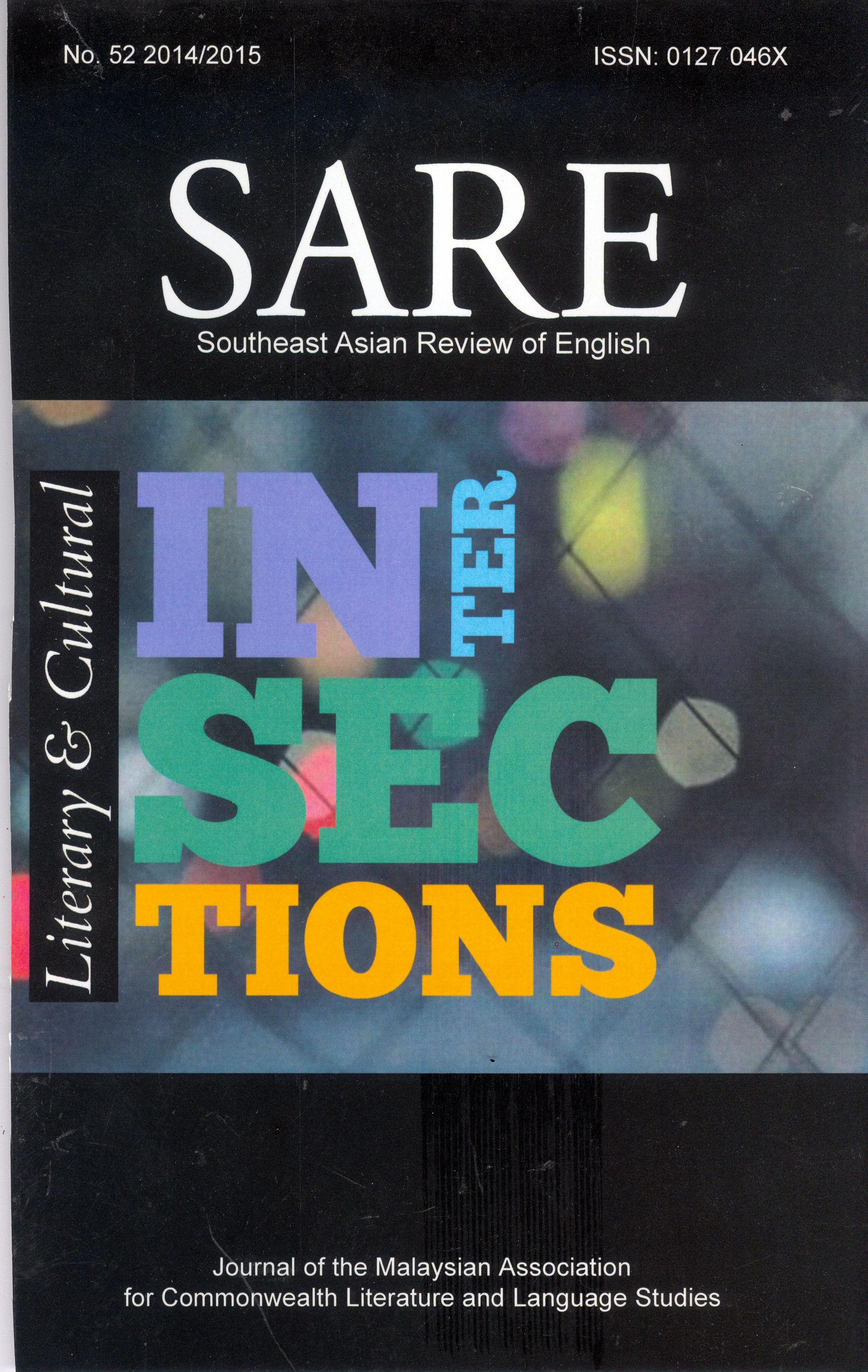Africa or Africanness in Derek Walcott's <em>Omeros</em>
Main Article Content
Abstract
The 'return to Africa' is a pervasive theme in Caribbean literature and celebrated Nobel Prize winning poet and playwright from St. Lucia, Derek Walcott, also engages with this theme. However, in contrast to Pan-Africanists and other proponents of Négritude, Walcott does not idealize or romanticize Africa as home for the New World. This paper examines Walcott's Omeros (1990) to explore the ways in which this epic poem portrays the complexities of 'return to Africa' for New World inhabitants. Because the Caribbean has withstood the violence of its past, the attempt to return to the past and to retrieve it may cripple the mind. This paralysis is investigated in Achille's hallucinatory katabatic nostos to Africa. In this journey, as will be shown, Walcott demonstrates the estrangement and the alienating sense of Africa for the people of the New World. However, as Walcott argues, if due to the ruptures of history Africa is lost for Afro-Caribbeans, Africanness can still be gained by accumulating its cultural sediments. Moreover, through Achille's journey, Walcott proposes that the New World inhabitants should appreciate the prospects of the present- the here and now- rather than being lost in the mirages of the past.
Downloads
Article Details
Copyrights of all materials published in SARE are retained by the authors. Authors may republish their work or grant others permission to republish it. We would be grateful if republication is accompanied by an acknowledgment that the work was originally published in SARE.
